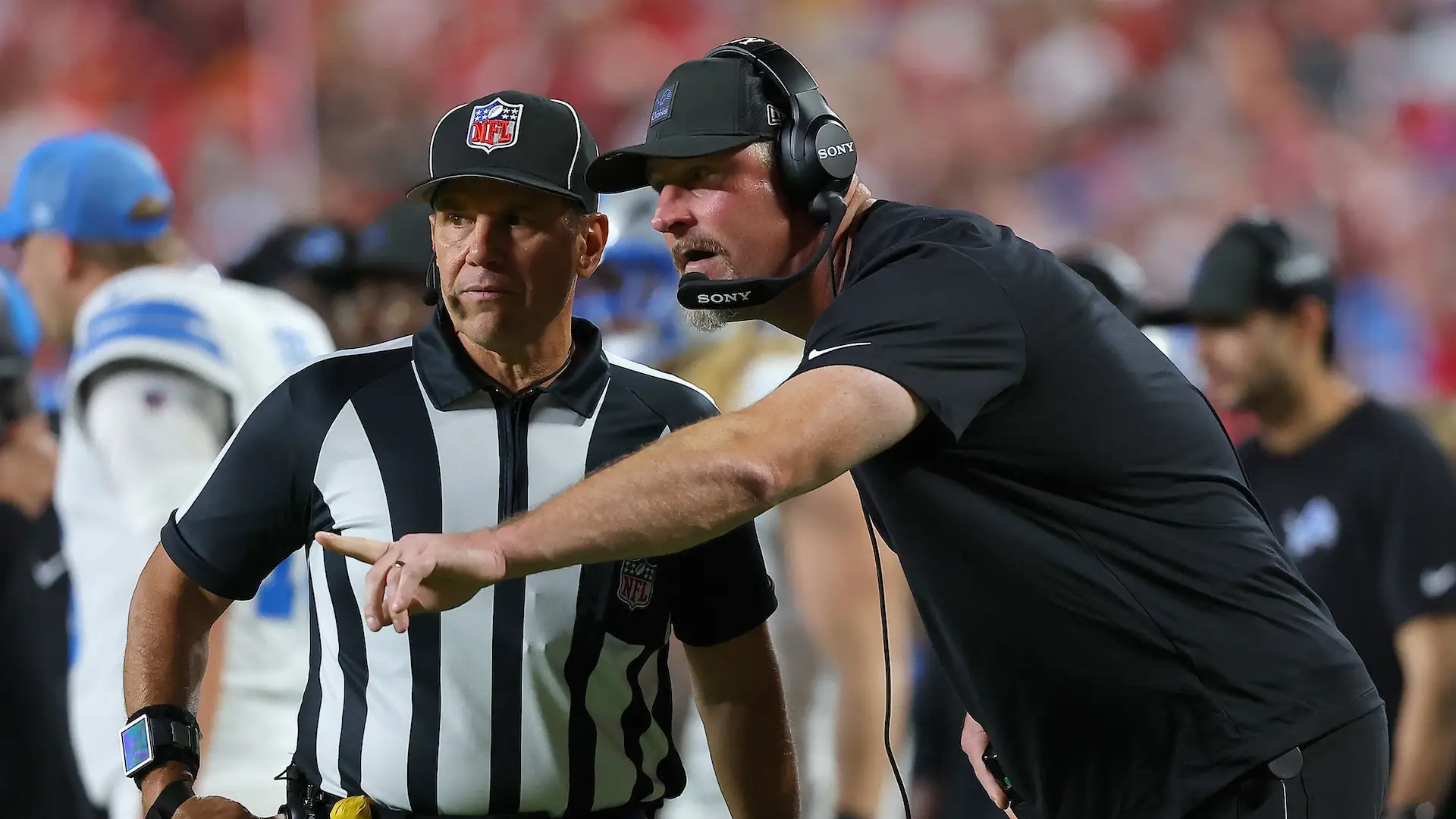Copyright Everett Herald

By Patricia Lopez / Bloomberg Opinion The nation’s poor are hurtling toward a deadline they can do little about. By Sunday, 42 million Americans could lose critical food benefits; because Republicans refuse to tap a contingency fund that would continue funding for the Supplemental Nutrition Assistance Program during the government shutdown. And Democrats, so far, refuse to capitulate on their core demand: the extension of health care subsidies that expire at year’s end. But although congressional dysfunction caused this shutdown, there’s no doubt who stoked that congressional dysfunction: President Donald Trump. He is on his third government shutdown in five years of governing, a dismal record that speaks to his refusal to recognize working with the opposition party as a legitimate part of the political process. This time around, Trump has decided there will be no negotiations, only the endless theater of Senate Republicans voting — 13 times and counting — for a continuing resolution that would fund the government for a few more weeks. Even if it eventually succeeds, it only will kick the can just a little further down the road. In the meantime, SNAP recipients have become helpless pawns on a board they don’t control. Who are these 42 million people? They are single parents and people with disabilities. They are children. They are seniors who have outlived their savings. They are workers whose wages are so meager they still qualify for free food. More than 1 million are veterans. They are 1 in 8 Americans who collect an average benefit of $187 a month for groceries. House Speaker Mike Johnson’s shutdown strategy so far has been to idle the House for nearly six weeks, ordering his members to stay away from the Capitol lest they run into stray Democrats in the halls and begin talking. He and fellow Republicans appear to be under the illusion that their job was done when they passed the continuing resolution on Sept. 19. That’s a minority party mindset. The job of a governing party is to reach a deal and reopen the federal government. Facing huge budget shortfalls, some 25 states and D.C. have filed a lawsuit that calls the administration’s refusal to use contingency funds an unlawful suspension of the SNAP program. The fund was explicitly authorized by Congress to prevent disruptions to SNAP benefits; no Democratic or Republican administration has allowed benefits to lapse during previous shutdowns. Yet the administration now asserts that contingency funds must be reserved for natural disasters and other “emergencies.” Apparently, 41 million people going hungry does not constitute an emergency. Trump has said repeatedly that he would use the shutdown to cut “Democrat-oriented programs.” It may be that he thinks letting SNAP funding run out is a clever way of hurting Democratic supporters. But Republicans also rely on SNAP. Rural areas, which tend to support Republicans, use SNAP at a higher rate than cities. And Johnson’s home state of Louisiana has the second-highest SNAP rate in the country, with nearly 18 percent of the state — 793,000 residents — receiving food benefits. Red and blue states alike are now bracing for the worst. Louisiana Gov. Jeff Landry has declared a state of emergency and asked the Legislature to dip into state reserves. Minnesota, with 440,000 SNAP recipients, is directing $4 million in emergency funds to local food banks. Washington state, with 888,000 SNAP recipients is doing the same with $2.2 million each week. In Texas, with its 3.5 million SNAP recipients, the supermarket chain H-E-B is donating $5 million to food banks and $1 million to Meals on Wheels. Among Republican lawmakers, Missouri Sen. Josh Hawley is notable for promoting a compromise that would at least continue SNAP funding while the shutdown drags on. To let federal food assistance lapse, he said in a recent essay, “would introduce an entirely new stage of suffering.” He recognizes, as too few Republicans do, that “the American economy has not been kind to working people in recent years … nowhere do they feel it more than at the grocery store.” That is a rare bit of humanity these days, and could form at least a bit of middle ground for lawmakers in search of a compromise. Yet on Wednesday, Senate Majority Leader John Thune said both Hawley’s offer and a plan proposed by Democratic Sen. Ben Ray Luján would be rejected. The blame game between Republicans and Democrats has gone on far too long already. Republicans are irrational to refrain from negotiating with Democrats, but Trump does not want to negotiate here so much as bully his opponents into submission. And while he does that, millions of Americans are left to figure out where their next meal is coming from. Patricia Lopez is a Bloomberg Opinion columnist covering politics and policy. She is a former member of the editorial board at the Minneapolis Star Tribune, where she also worked as a senior political editor and reporter.



